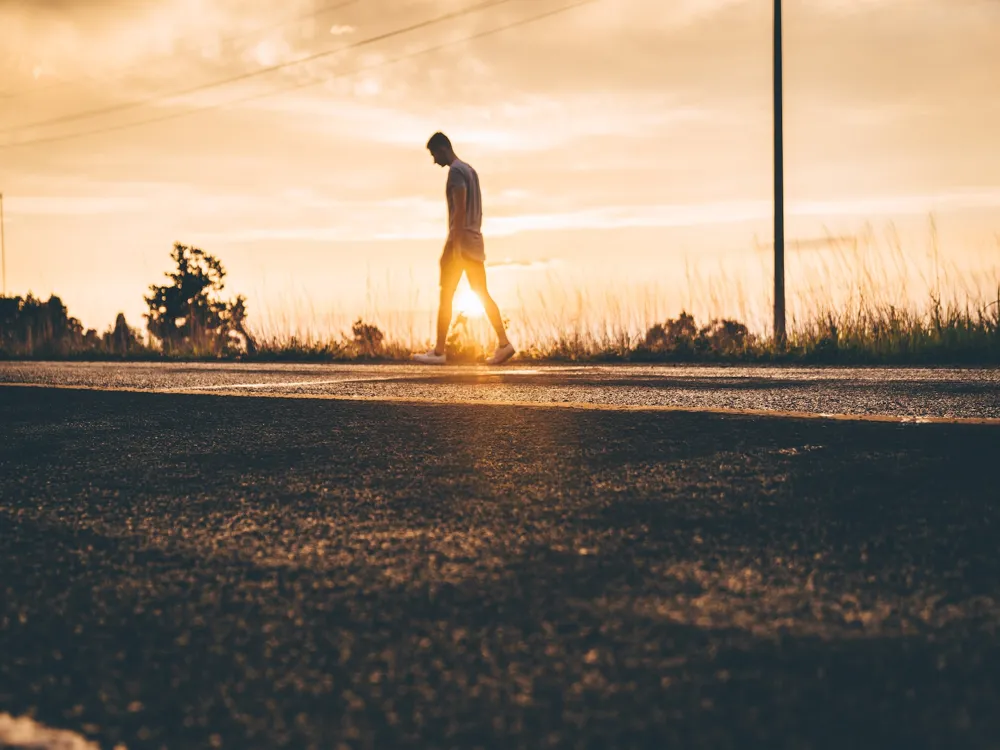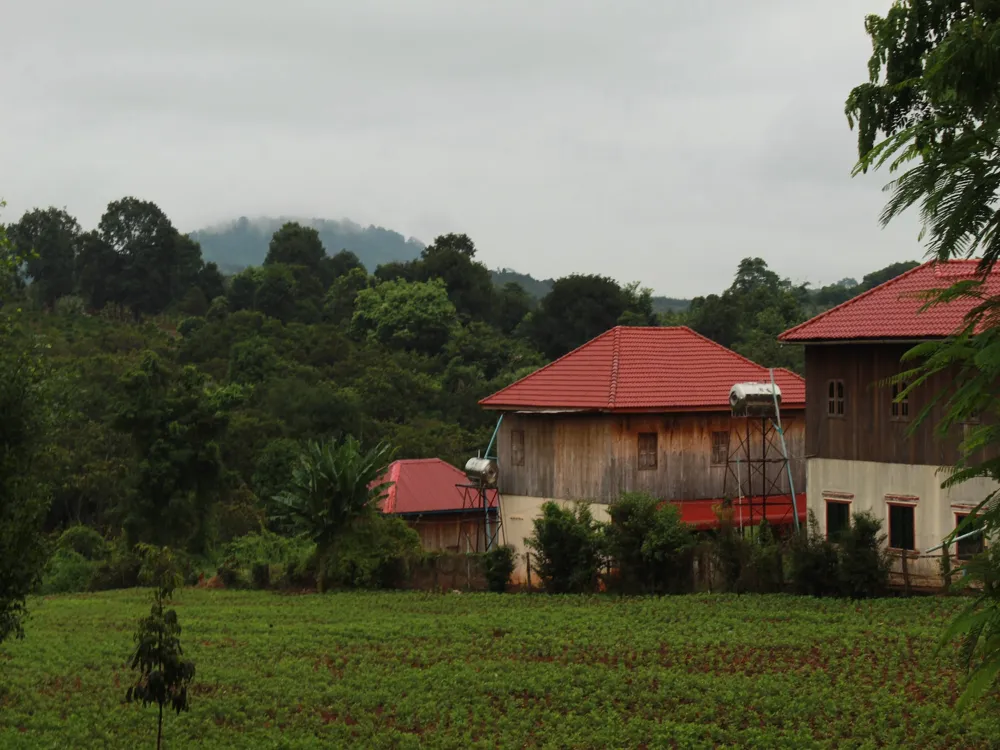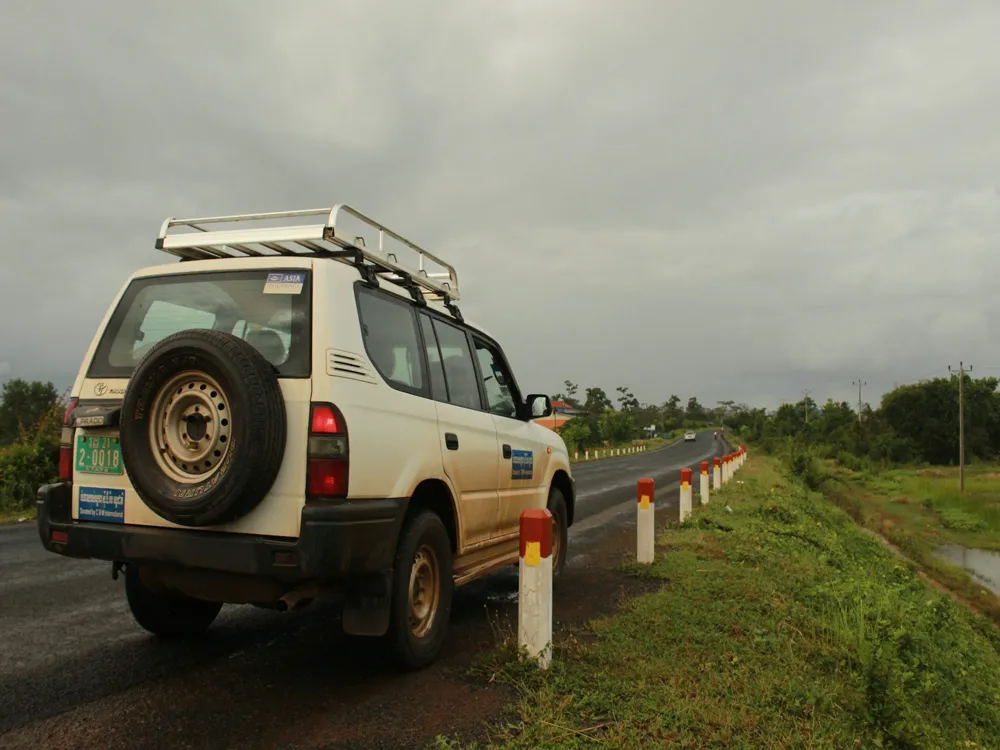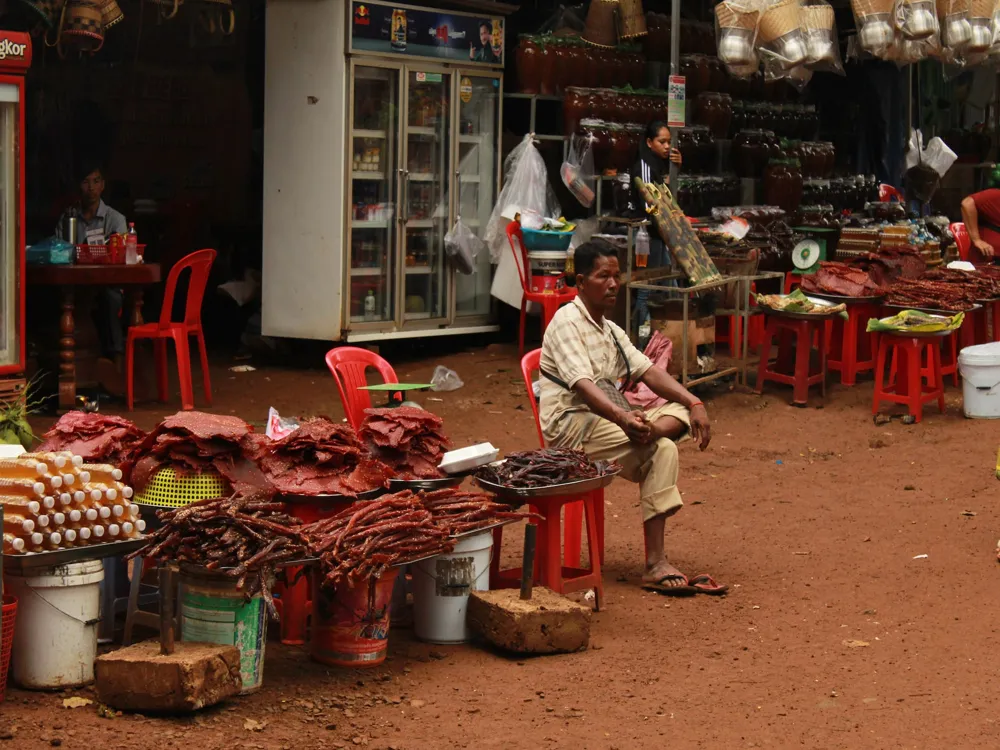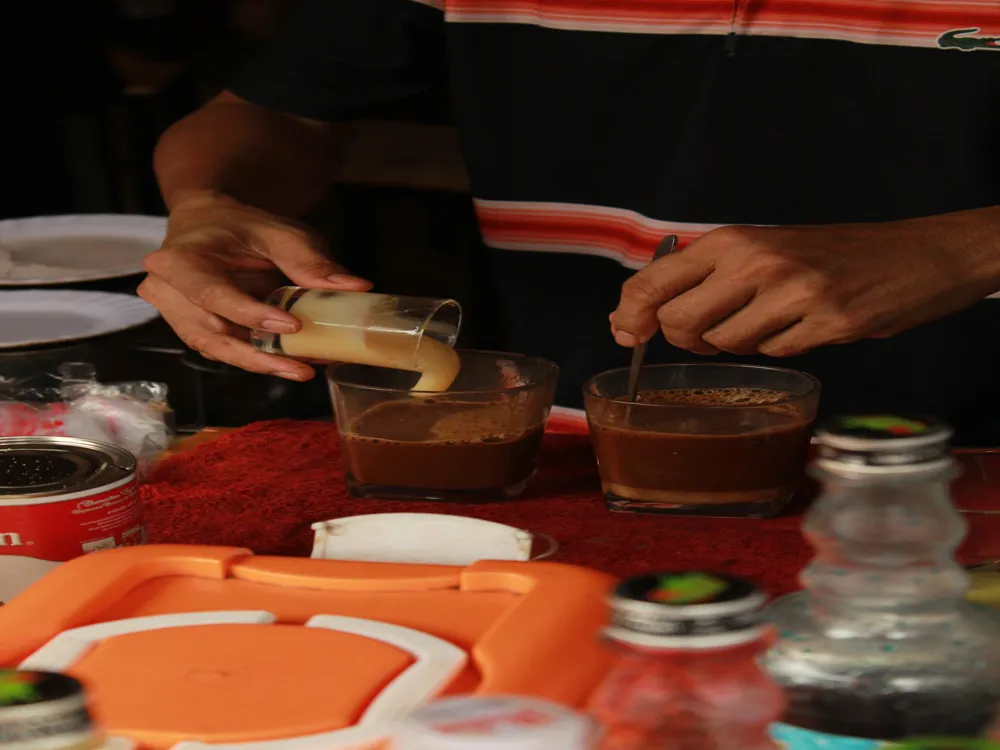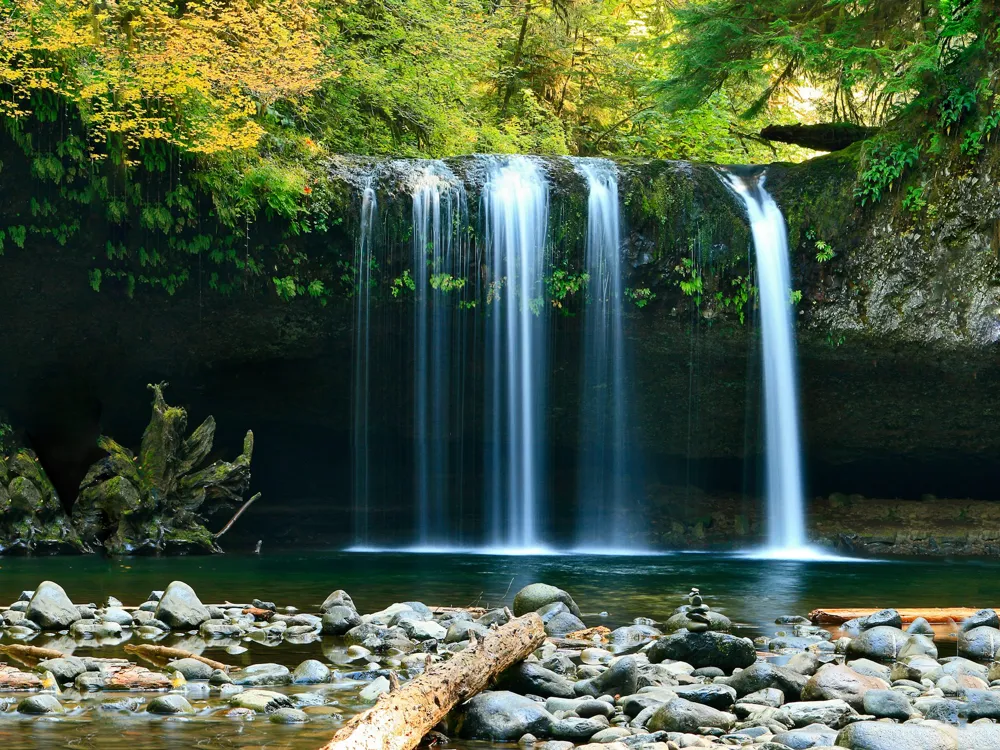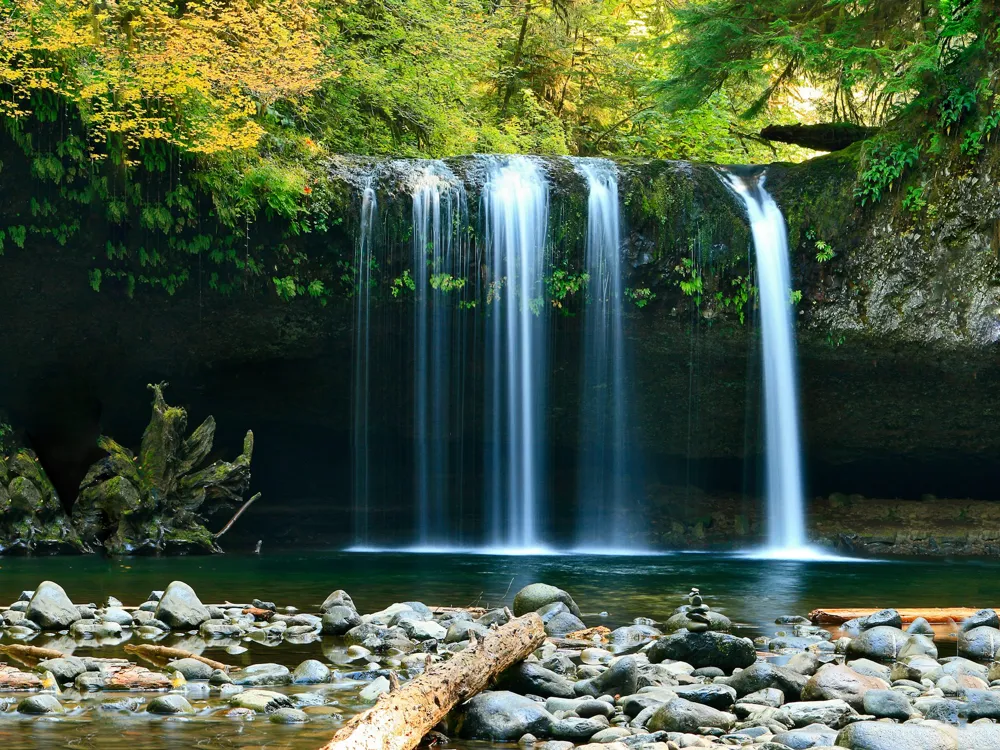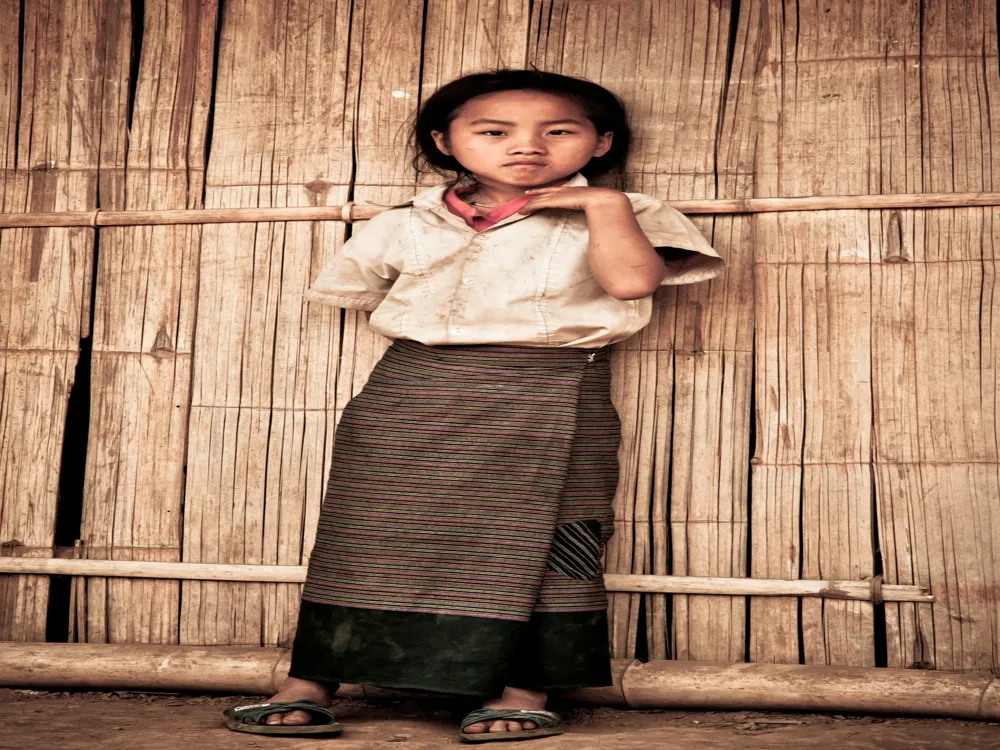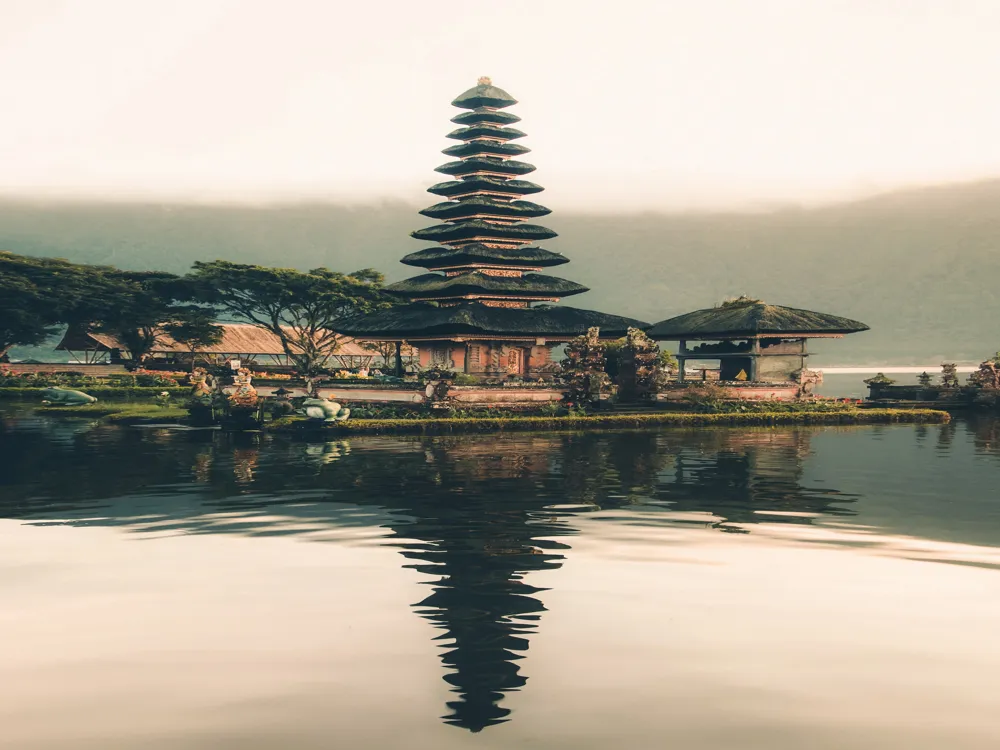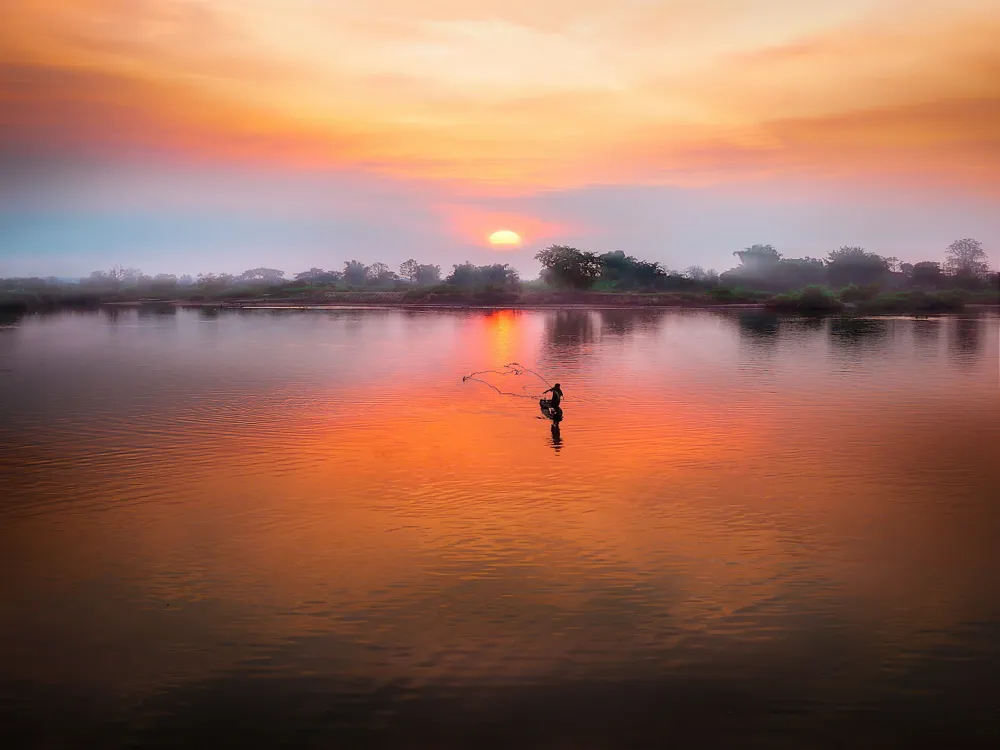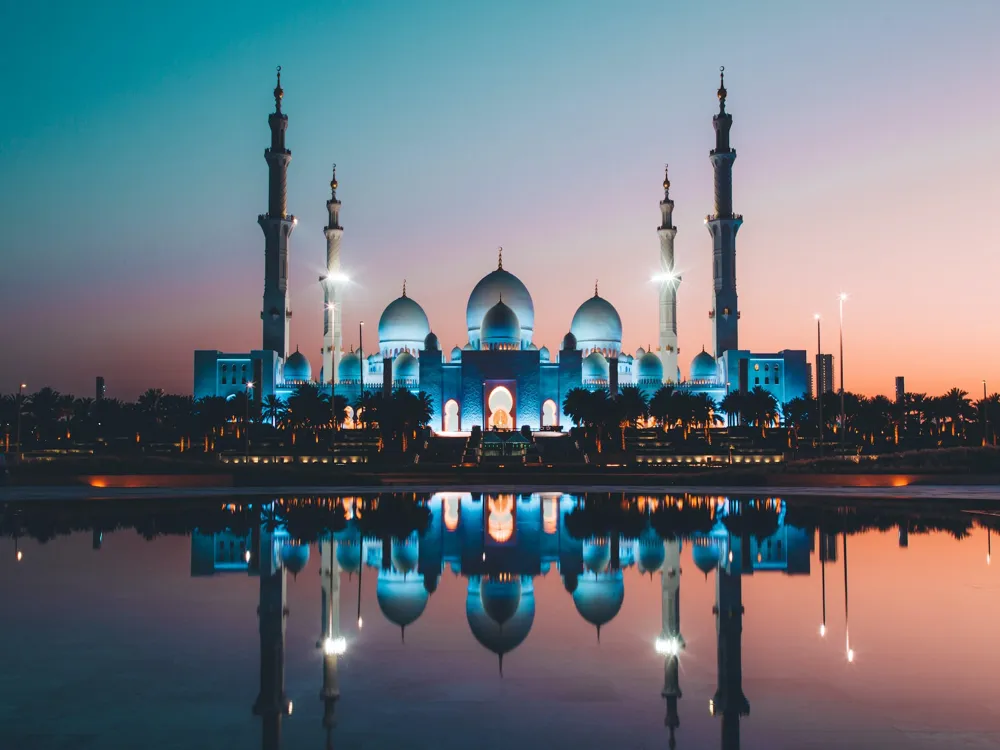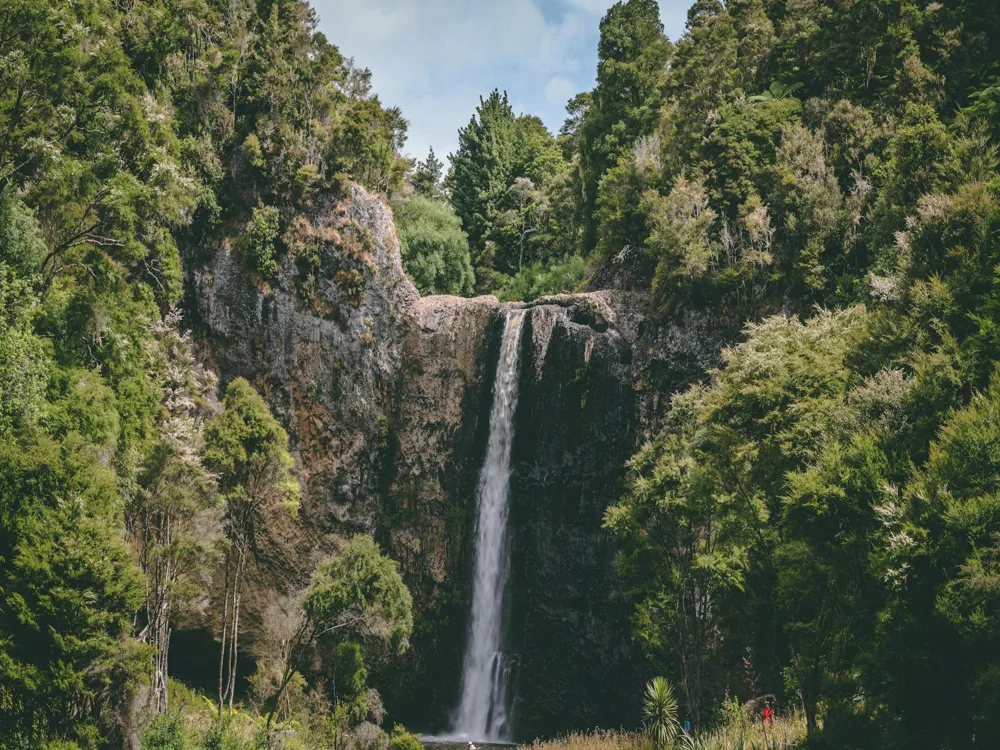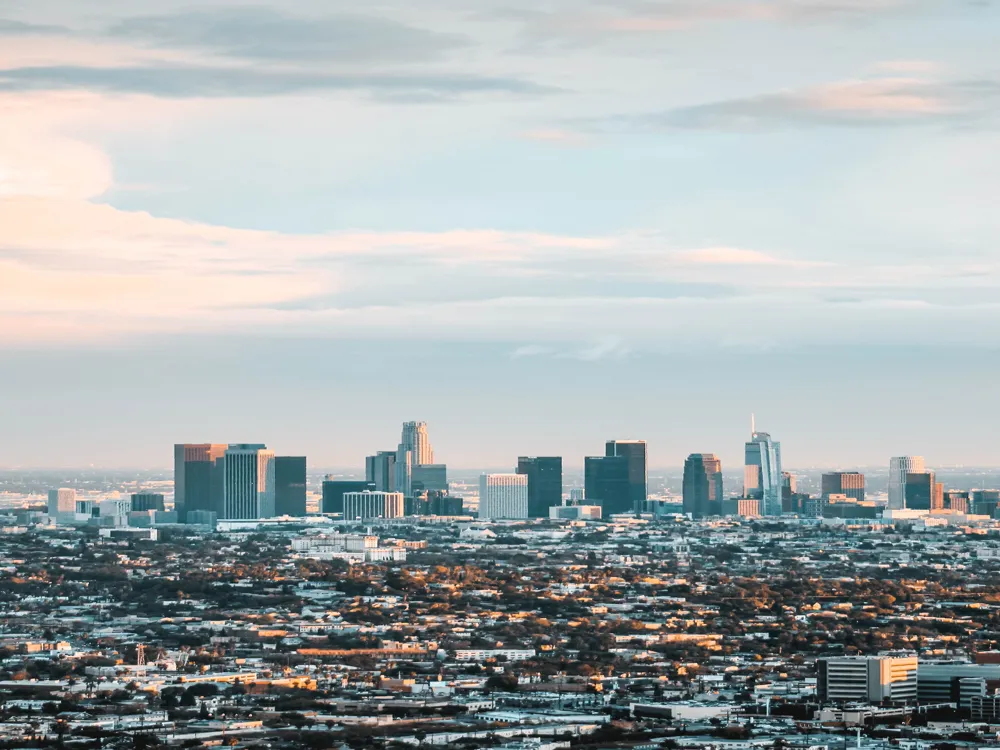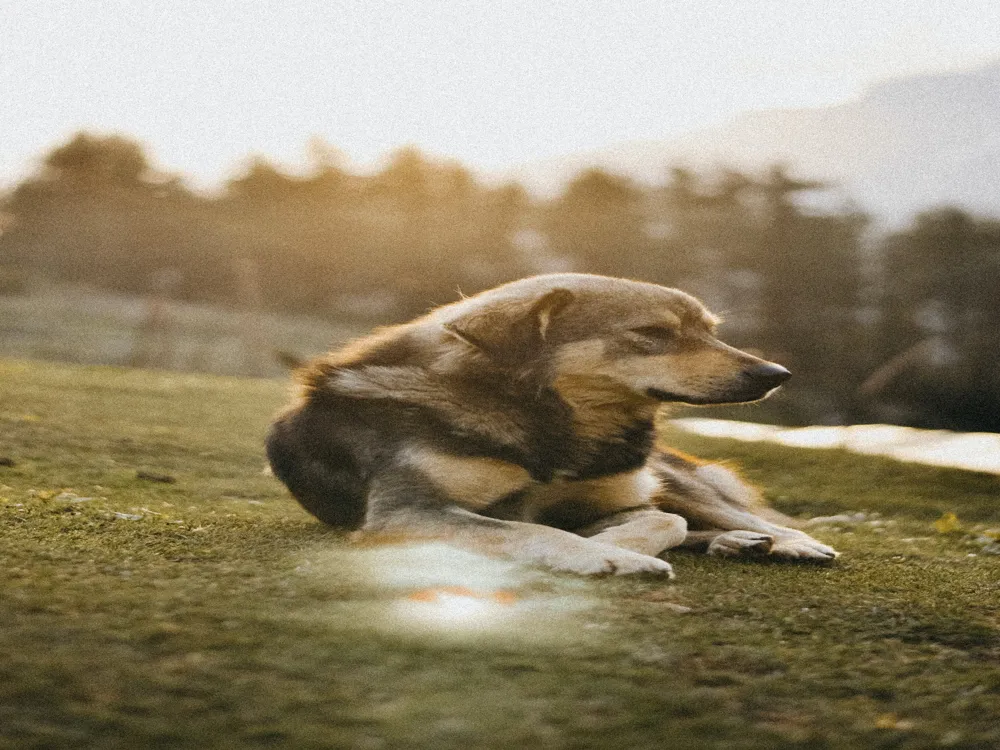Best Time to Visit Ratanakiri
Cambodia
14 out of 24 Places to visit in CambodiaNaN onwards View Packages
Get Customized PackagesThe Land of Diversity
Top Hotel Collections

Private Pool

Luxury Hotels

5-Star Hotels

Pet Friendly
What is the best time to visit Ratanakiri?
Ratanakiri, a province in northeastern Cambodia, offers breathtaking natural beauty and cultural richness. Knowing the best time to visit Ratanakiri is crucial for experiencing its stunning landscapes and unique cultural heritage.
More about Best Time to Travel to Ratanakiri
Travel Peak Season in Ratanakiri
The peak season to explore Ratanakiri typically spans from November to March. During these months, the weather remains relatively dry and pleasant, making it ideal for trekking, visiting waterfalls, and exploring the indigenous culture of hill tribes. Temperatures range from 20°C to 30°C (68°F to 86°F), creating comfortable conditions for outdoor activities.
Travel Offseason in Ratanakiri
The offseason, particularly from April to October, experiences higher temperatures and occasional rainfall. Although the weather might be hotter and more humid, this period offers a unique perspective on Ratanakiri's lush greenery and rural life. The reduced tourist influx allows for a quieter and more intimate experience.
Ratanakiri Travel Packages
View All Packages For Ratanakiri
Ratanakiri in Shoulder Season
Shoulder seasons, such as April and October, represent transitions between the peak and offseason. These months offer moderate temperatures and occasional showers, presenting a balance between fewer crowds and favorable weather conditions for exploration.
Ratanakiri in Hot Season
The hot season, mainly from April to May, experiences soaring temperatures, often exceeding 35°C (95°F). Despite the heat, early mornings or late afternoons can still be suitable for outdoor excursions.
Ratanakiri in Rainy Season
The rainy season, from June to September, encounters significant rainfall, transforming the landscape into lush greenery. While some activities might be limited due to heavy rains, it's an excellent time to witness the region's natural beauty.
Ratanakiri in Cool Season
The cool season, from November to February, marks the most pleasant time to visit Ratanakiri. The weather remains comfortable, allowing for enjoyable explorations of waterfalls, lakes, and cultural attractions.
In summary, the best time to visit Ratanakiri depends on preferences, whether for cooler weather, lush landscapes, or a quieter experience away from tourist crowds.
Places To Visit In Ratanakiri
View All Places To Visit In RatanakiriNearby Places Ratanakiri
Ratanakiri Photos
View All Photos For RatanakiriBrowse Package Collections
Browse Hotel Collections
Faq
When is the ideal time to visit Ratanakiri?
The best time to visit Ratanakiri is during the dry season, which typically spans from November to April. During this period, the weather is pleasant, and you can explore the region without much concern for rainfall.
What is the weather like in Ratanakiri during the dry season?
Ratanakiri experiences mild temperatures during the dry season, ranging from 20°C to 30°C (68°F to 86°F). Days are sunny with clear skies, making it perfect for outdoor activities.
Are there any specific months to avoid due to weather conditions?
While the dry season is generally favorable, March and April can be hotter, with temperatures peaking. It's advisable to plan your visit in the earlier months of the dry season for more comfortable weather.
Is it recommended to visit Ratanakiri during the rainy season?
The rainy season, from May to October, brings lush green landscapes, but heavy rainfall may disrupt travel plans. Roads can become challenging, and outdoor activities may be limited, so it's not the most recommended time for a visit.
What unique experiences are available during the dry season in Ratanakiri?
The dry season is ideal for trekking through the lush jungles, visiting waterfalls, and engaging with the indigenous communities. The clear weather enhances the beauty of the landscapes and allows for a more immersive cultural experience.

